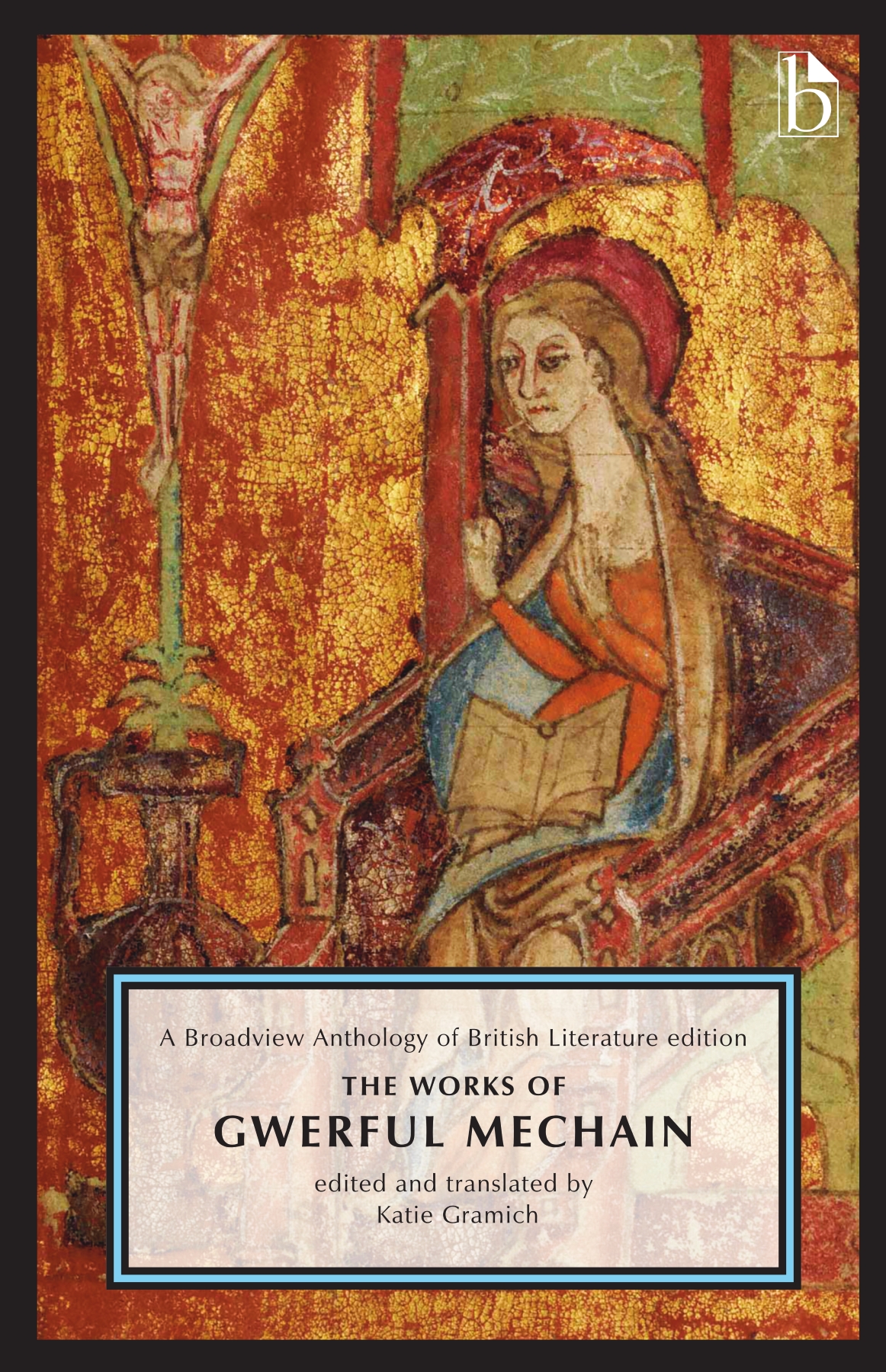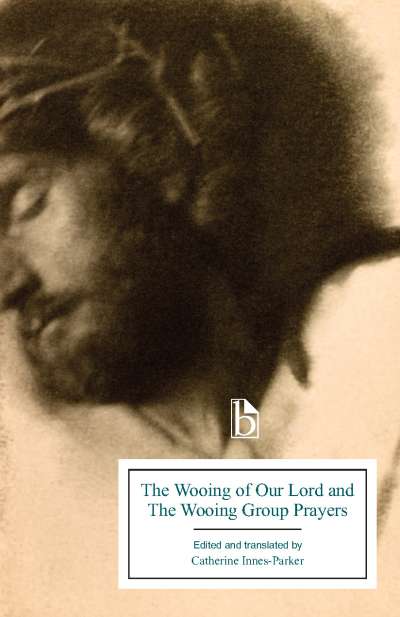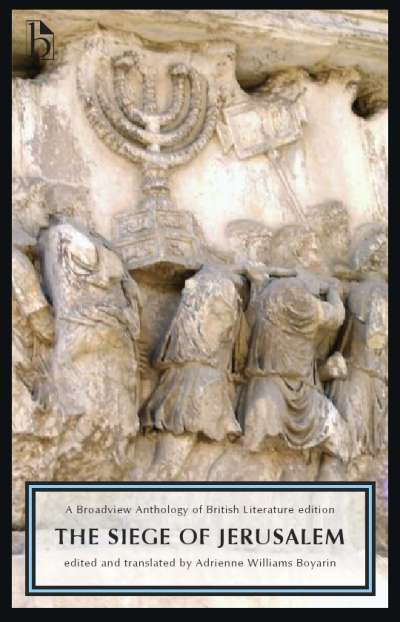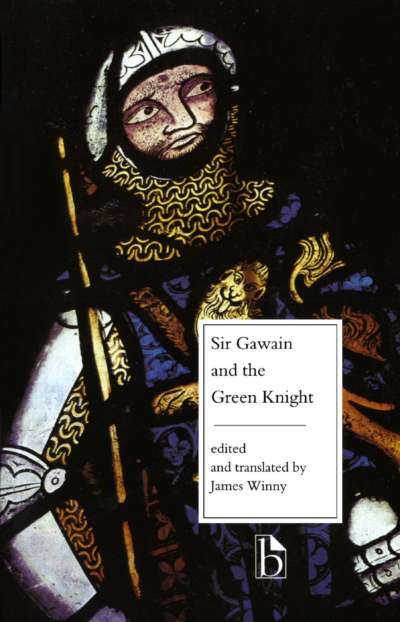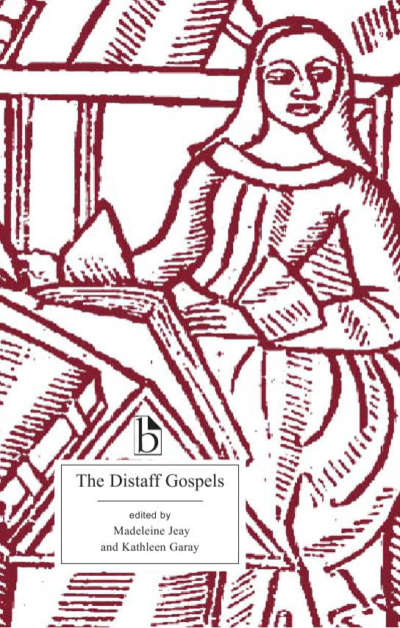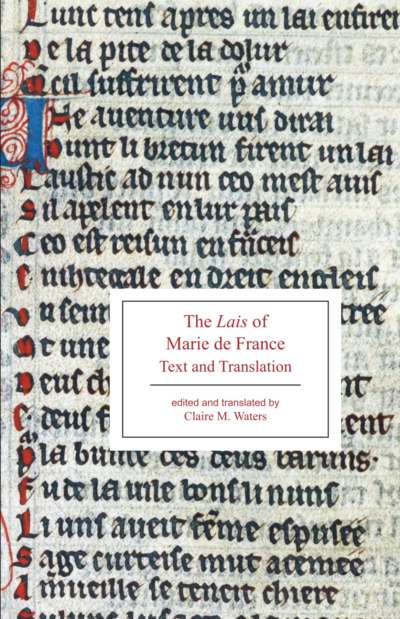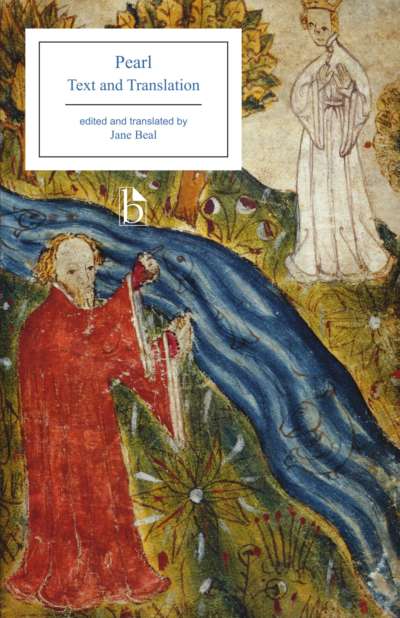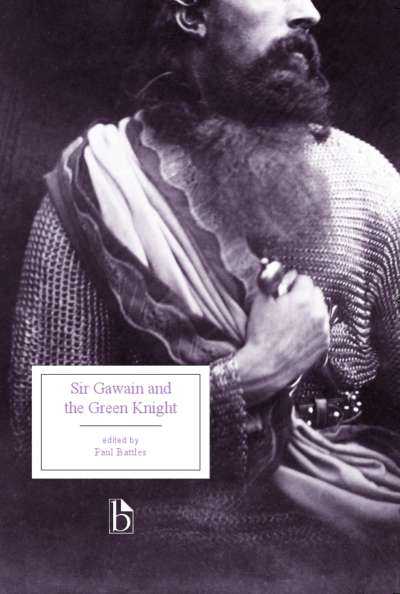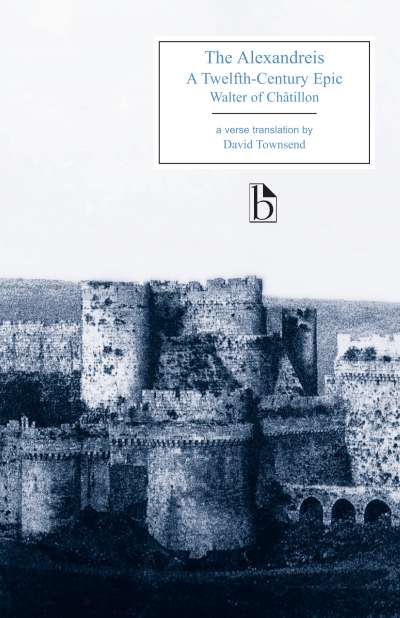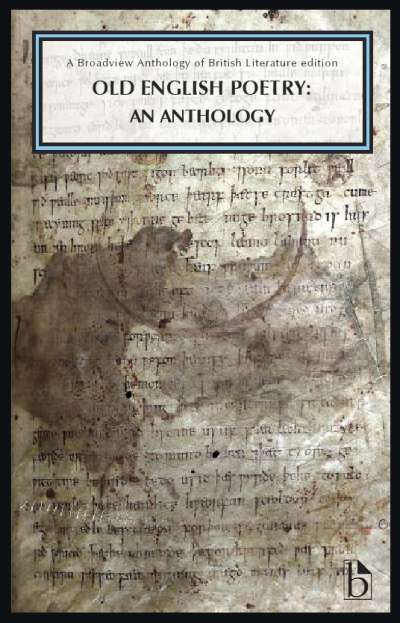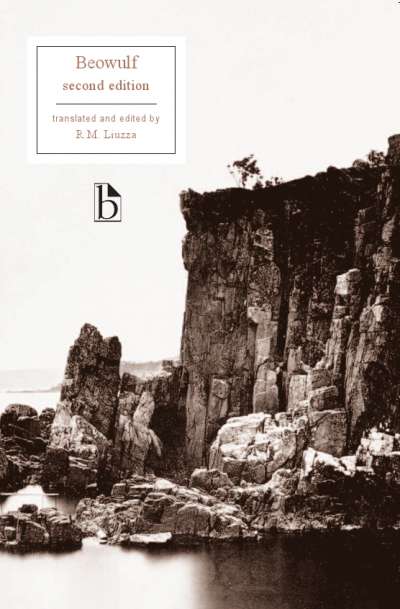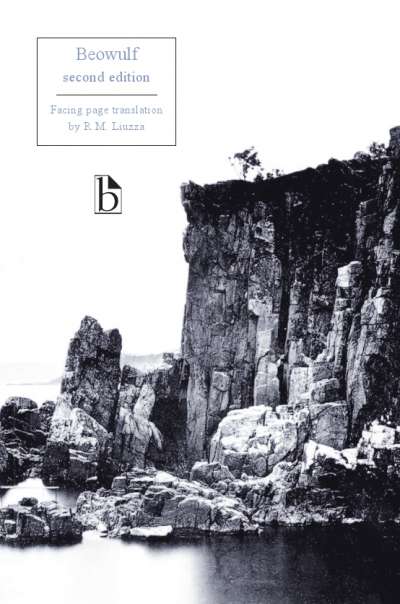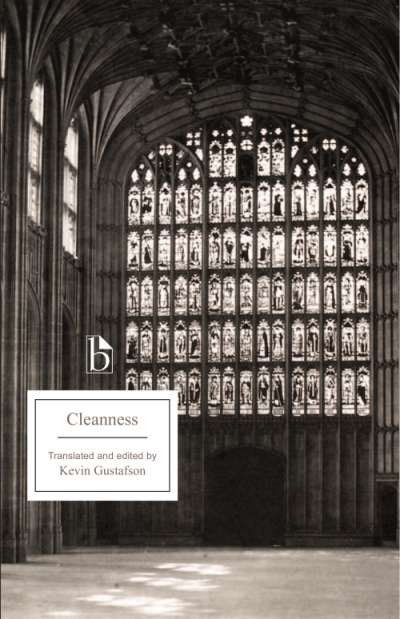All of Gwerful Mechain’s known work is included here—as are several poems of uncertain authorship, and a selection of other works that help to fill in the historical and literary context.
Each medieval Welsh poem is provided in the original language and in two different translations—a literal translation and a second, freer translation, with rhyme patterns approximating those of the original.
Comments
“Gwerful Mechain is the boldest, most accomplished and most combative female poet of medieval Wales. This important edition by Professor Katie Gramich, which includes lively translations into English, finally lifts the double veil of prudery and patriarchy from Gwerful’s work, bringing her extraordinary voice to the attention of a wider audience. Gwerful’s lust for life and her candid eroticism, her mastery of poetic form, and her spirited defiance of some of the most deeply held prejudices of her day, make her work as relevant today as it was 500 years ago.” — Angharad Price, Bangor University
“One of the boldest female voices of medieval European literature is made accessible here for the first time to the non-Welsh speaking reader. Skilled in the complexities of the Welsh poetic art, Gwerful Mechain defied the conventions of the male-dominated bardic order to produce witty and passionately personal poems. Her vibrant voice comes across strongly in these translations, which use both prose and verse to convey the sense and tone of the Welsh originals. Professor Gramich’s scholarly introduction and notes place the poetry in its Welsh and European cultural contexts, and at last Gwerful can take her rightful place in the history of women’s writing.” — Professor Dafydd Johnston, Director of the University of Wales Centre for Advanced Welsh and Celtic Studies, Aberystwyth
“The learned, delightful and often pleasingly eccentric poetry of the ‘elusive’ medieval Welsh woman writer, Gwerful Mechain, has remained largely unknown—and thus unappreciated—beyond circles of Welsh language scholarship operating since the nineteenth century. This has remained the case in spite of Gwerful’s clear renown and importance within Welsh poetic circles during her own day. As such, the proto-feminist stances of the poet, her celebratory poetics of a sexually-active female body more often deemed abject in other socio-religious contexts, and the moving affect of her lyrically pious devotional works have failed to be accounted for in most contemporary histories of women’s writing. This lamentable position is now all set to change upon the publication of Katie Gramich’s captivating scholarly edition of Gwerful’s writings. With its erudite and accessible introduction, carefully expounded apparatus, and the offering of double translation—both poetic and literal—this edition offers much-to-be-welcomed accessibility to Gwerful’s poetry for far more global audiences, especially those with little or no expertise in the Welsh language. Gramich not only provides valuable new insight into the importance—and centrality—of Gwerful’s writing in her own day; she also demonstrates its importance in more contemporary contexts, opening a dialogue between Gwerful’s work and the type of feminist poetics to which the history of women’s writing has become so indebted in recent decades.” — Professor Liz Herbert McAvoy, Swansea University
“Gwerful Mechain (c. 1460–c. 1502), is one of the most notorious yet least known of early Welsh poets. A woman who wrote of women’s experience as well as other topics, her works were not collected in a scholarly edition until 2001: scholars of the nineteenth and early twentieth centuries considered them too boldly erotic and explicit. Prominent Welsh critic and scholar Dr. Katie Gramich has in this volume translated all poems authored or likely authored by Gwerful Mechain, along with poems by her contemporaries that provide context. In doing so, she reveals for readers ‘a celebratory poet in the widest sense of that word’ (‘Introduction’). Dr. Gramich matches the Welsh poems with facing page literal free verse translations and suggests the formidable sonic and prosodic complexities of the original by including a second translation of each poem, using rhyme and meter. Gwerful Mechain’s poems are tonally complex, wide-ranging in their allusions, and eerily modern, ‘capable of serious devotion and riotous indecency,’ in Dr. Gramich’s words. Dr. Gramich’s excellent introduction provides contexts for the poet and her poems, including biographical background, details on the status of women in late medieval Wales, and an explanation of the exacting requirements of Welsh strict-metre prosody. The Works of Gwerful Mechain is a significant addition to the study of medieval European literature. It also substantially advances the work of recognizing and reclaiming women writers within the great sweep of Welsh literature.” — David Lloyd, Le Moyne College, USA
“Katie Gramich has given us vivacious and deftly constructed poems that positively bounce along, capturing the spirit of the author and her age. She, and her publisher, have done us the tremendous service of including literal translations so we can see how Welsh word order might impact sense and appreciate the translator’s efforts at modernising and rhyming; where she veers from the original it is in the cause of clarity.” — Chris Moss, New Welsh Review
“Gwerful has really been having a moment. Thanks to [Gramich’s] edition and translation, Gwerful’s entire extant body of work now has a volume of its own, and with it a newly dedicated and growing fan base. … Putting Gwerful’s feminist masterpiece into fresh circulation is only one of Gramich’s accomplishments, however, since Gwerful’s modern fans are only now able to appreciate fully her thematic range and command of poetic technique. The first two poems in this edition, in fact, are the strictly metered—and very medieval—‘Christ’s Passion’ and ‘Death and Judgement,’ which, however nonfeminist and generally not fun, deepen our appreciation of Gwerful both as a poet and as a historical subject.” — Thomas H. Crofts, Studies in Medieval and Renaissance Teaching
“Angela Coventry has in many ways produced the definitive edition of David Hume’s classic text. While previous editions have overwhelmed the reader with editorial annotations, Coventry presents A Treatise of Human Nature as it was meant to be read. The inclusion of contemporaneous reviews of Hume’s work only enhances the reader’s experience of stepping into the world in which it was published.” — Getty Lustila, Northeastern University

